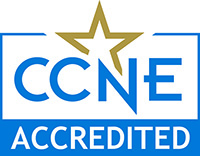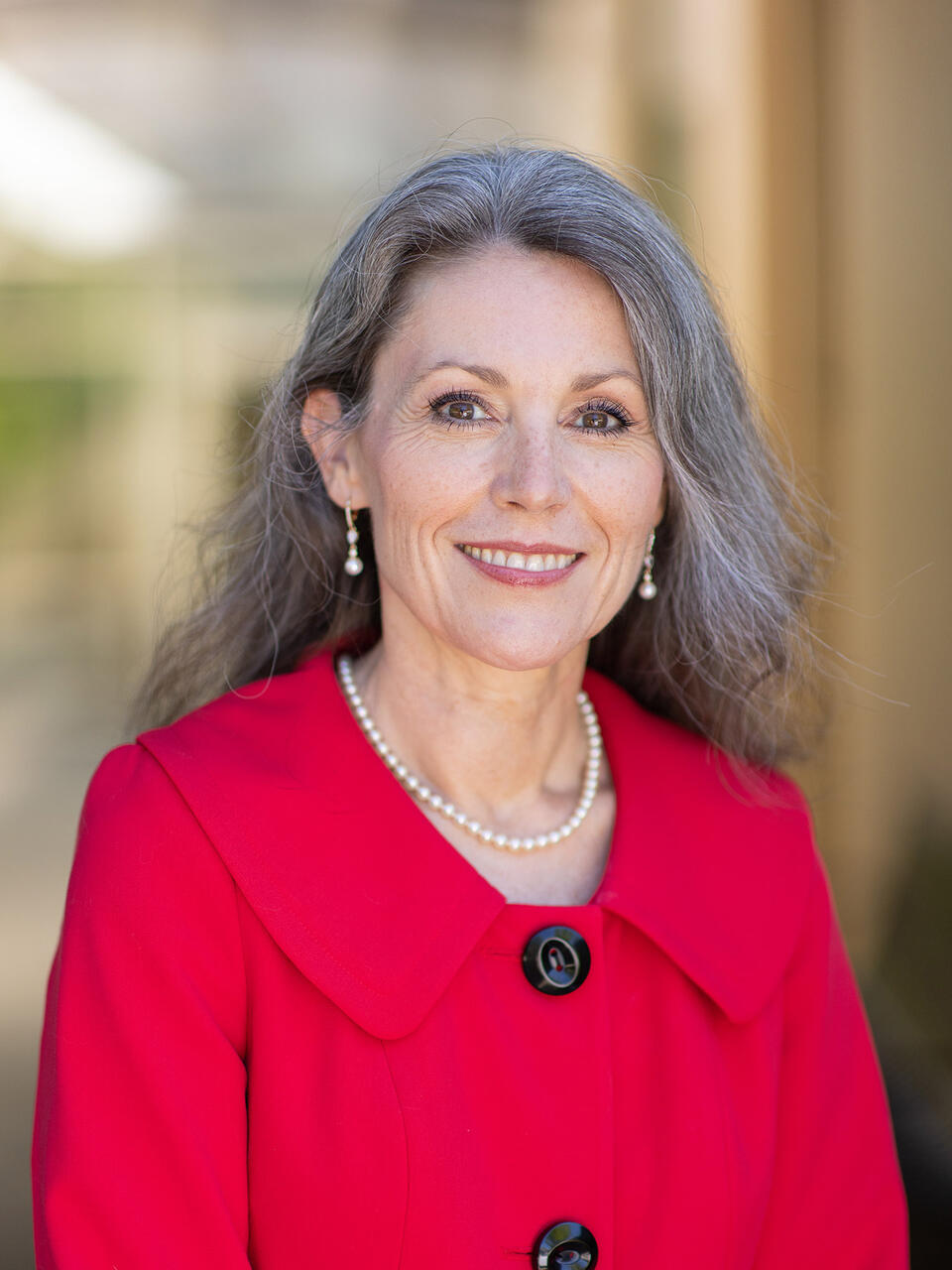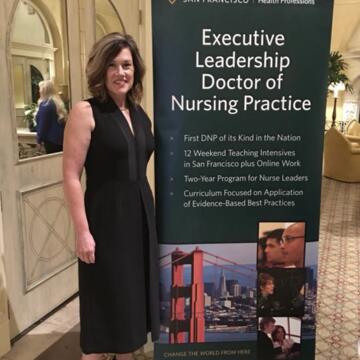

Health Systems Leadership, DNP
Health care is constantly changing, with new technology, treatments, regulations, and challenges. The world needs nurses who can navigate these complexities and deliver care to all. Come to USF and learn to lead this change.
What Can I Do With an HLS Degree?
As an HSL, you will learn to influence teams in identifying and solving issues in health care. Hone your skills in policy, practices, and research to ensure safe, quality care for individuals and communities. Prepare for leadership roles such as chief nursing officer and chief nursing executive.
-
Upon completion of the DNP program:
- The learner will integrate, translate, and apply established and evolving disciplinary nursing knowledge and ways of knowing, as well as knowledge from other disciplines, including a foundation in liberal arts and natural and social sciences to form the basis for clinical judgment and innovation in nursing practice and the practice of professional nursing.
- The learner will practice holistic, individualized, just, respectful, compassionate, coordinated, evidence- based, and developmentally appropriate person-centered care focused on the individual within multiple complicated contexts, including family and/or important others.
- The learner will participate in collaborative activities with both traditional and non-traditional partnerships from affected communities, public health, industry, academia, health care, local government entities, and others for the improvement of equitable population health.
- The learner will generate, synthesize, translate, apply, and disseminate nursing knowledge to improve health and transform health care.
- The learner will employ established and emerging principles of safety and improvement science as core values of nursing practice and enhance quality and minimize risk of harm to patients and providers through both system effectiveness and individual performance.
- The learner will demonstrate Intentional collaboration across professions and with care team members, patients, families, communities, and other stakeholders to optimize care, enhance the healthcare experience, and strengthen outcomes.
- The learner will effectively and proactively coordinate resources to provide safe, quality, equitable care to diverse populations, leading within complex systems of health care.
- The learner will demonstrate the use of information and communication technologies and informatics processes to provide care, gather data, form information to drive decision making, and support professionals as they expand knowledge and wisdom for practice and improve the delivery of safe, high-quality, and efficient healthcare services.
- The learner will form and cultivate a sustainable professional nursing identity, accountability, perspective, collaborative disposition, and comportment that reflects nursing's characteristics and values.
- The learner will participate in activities and self-reflection that foster personal health, resilience, and well-being, lifelong learning, and support the acquisition of nursing expertise and assertion of leadership.
Hybrid Courses
Engage in a curriculum thoughtfully balanced between online and classroom learning. Courses are offered year round during fall, spring, and summer semesters. Practicum placements, when needed, are facilitated by the program.
Teaching Weekend Schedule
Fridays and Saturdays during the hours of 8:00 am to 9:00 pm. Lunch hour is observed from 12:00 - 1:00 pm.

Eileen Fry-Bowers
Dean, School of Nursing and Health Professions
What makes the USF DNP different?
Rooted in our Jesuit value of cura personalis (care for the whole person), graduates of our DNP in Health Systems Leadership will be prepared to challenge themselves and push nursing into new frontiers.”
Eileen Fry-Bowers
Dean, School of Nursing and Health Professions
Choose a
Concentration
You can choose to specialize in education and simulation, management, or population health leadership.
SONHP Welcomes Kimberly Perris
We are fortunate: Dr. Perris, a Double Don, is back at USF SONHP!
Student Projects & Publications
All Doctor of Nursing Practice (DNP) students must implement an evidence-based quality improvement project designed to improve practice in their area of concentration. The project is guided by their faculty DNP Committee Chairperson and Committee and demonstrates their ability to apply the principles of evidence-based practice, through problem identification, project development and proposal, and the implementation and evaluation of practice, quality/process or systems improvements.

USF Nursing Accreditation
The baccalaureate, master’s, and Doctor of Nursing Practice programs and the post-graduate APRN certificate programs at the University of San Francisco School of Nursing and Health Professions are accredited by the Commission on Collegiate Nursing Education. All SONHP nursing programs are also approved by the California Board of Registered Nursing.
State Authorization
Please check our State Authorization Status List for the states and territories from which we can enroll students in specific online degree programs.
Take the Next Step
Admissions & Aid
School of Nursing & Health Professions
San Francisco, CA 94117

